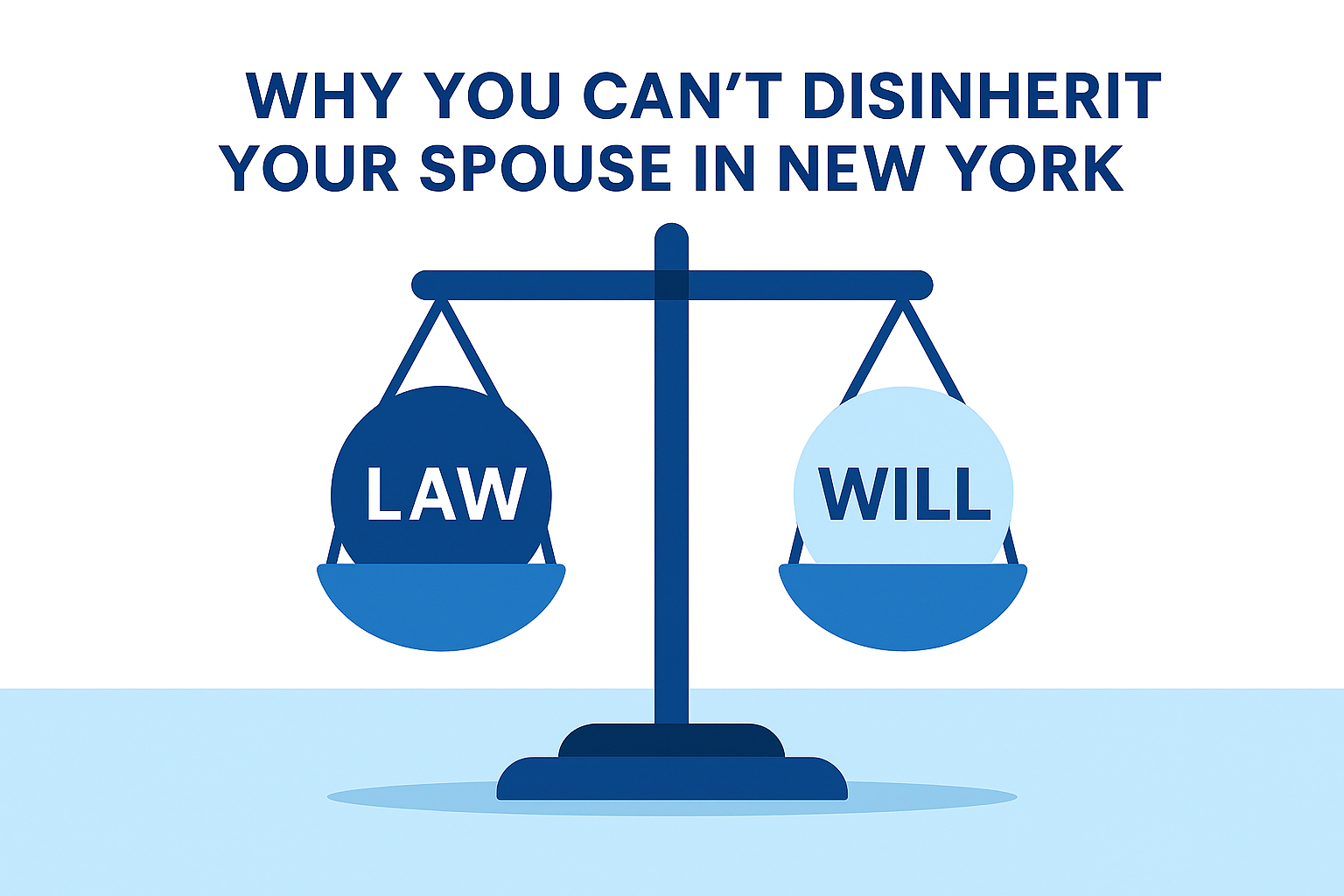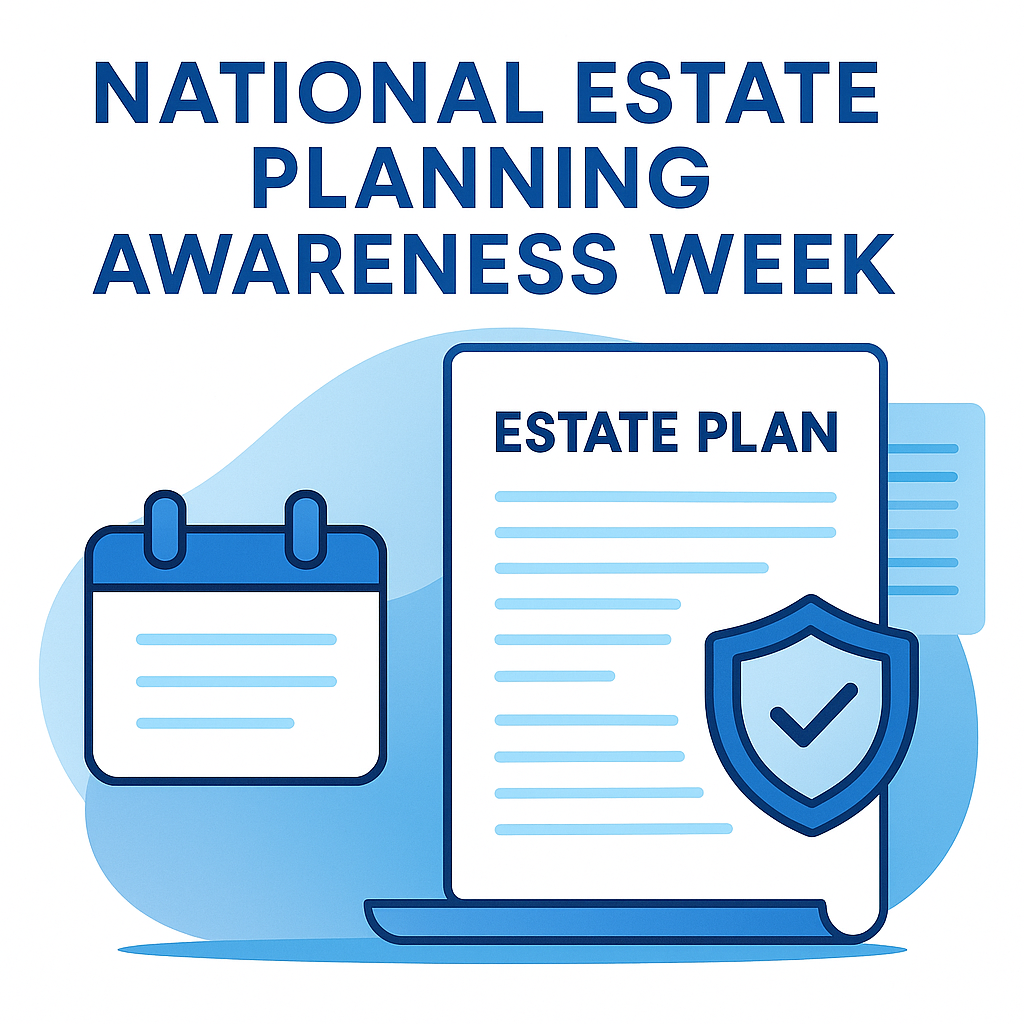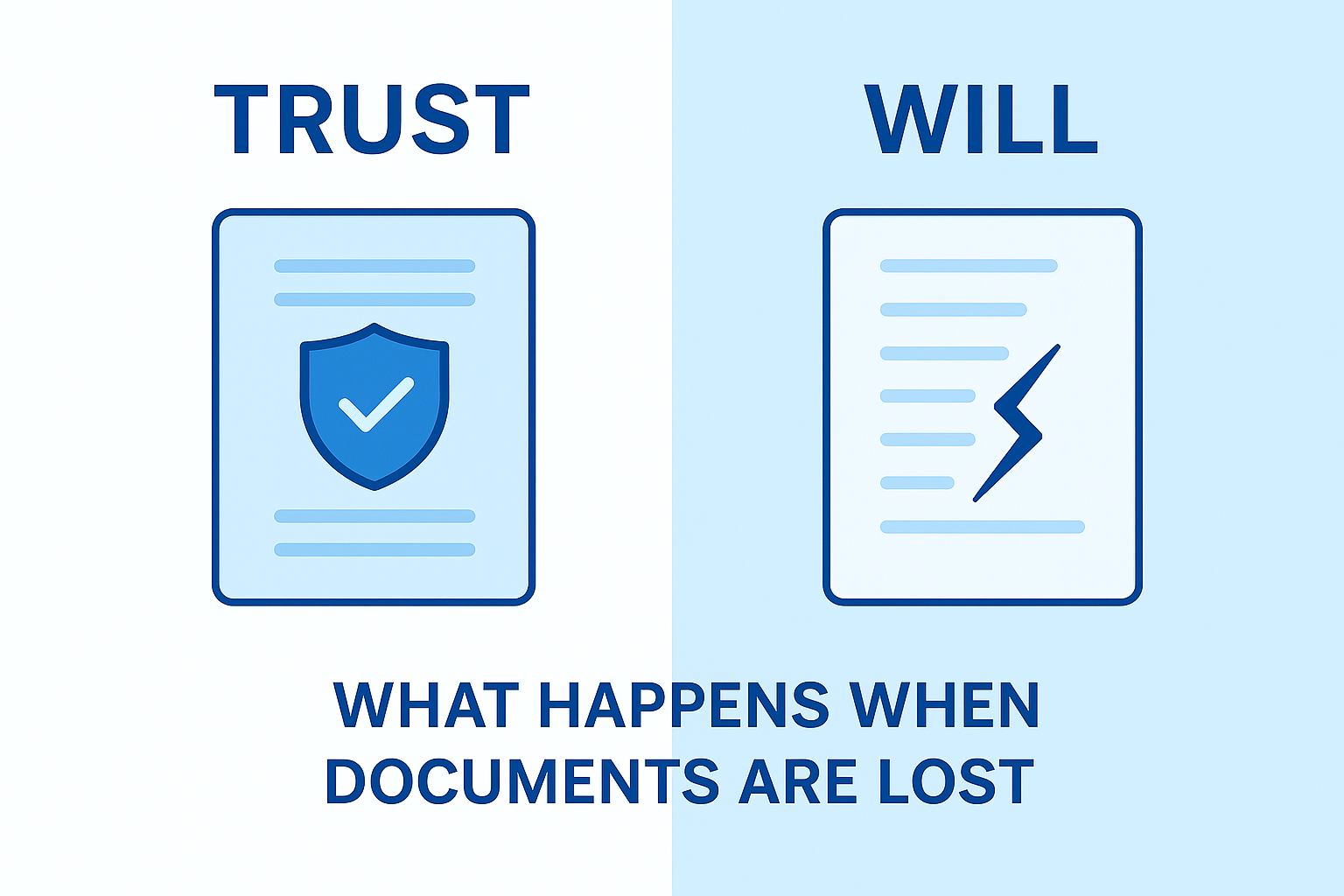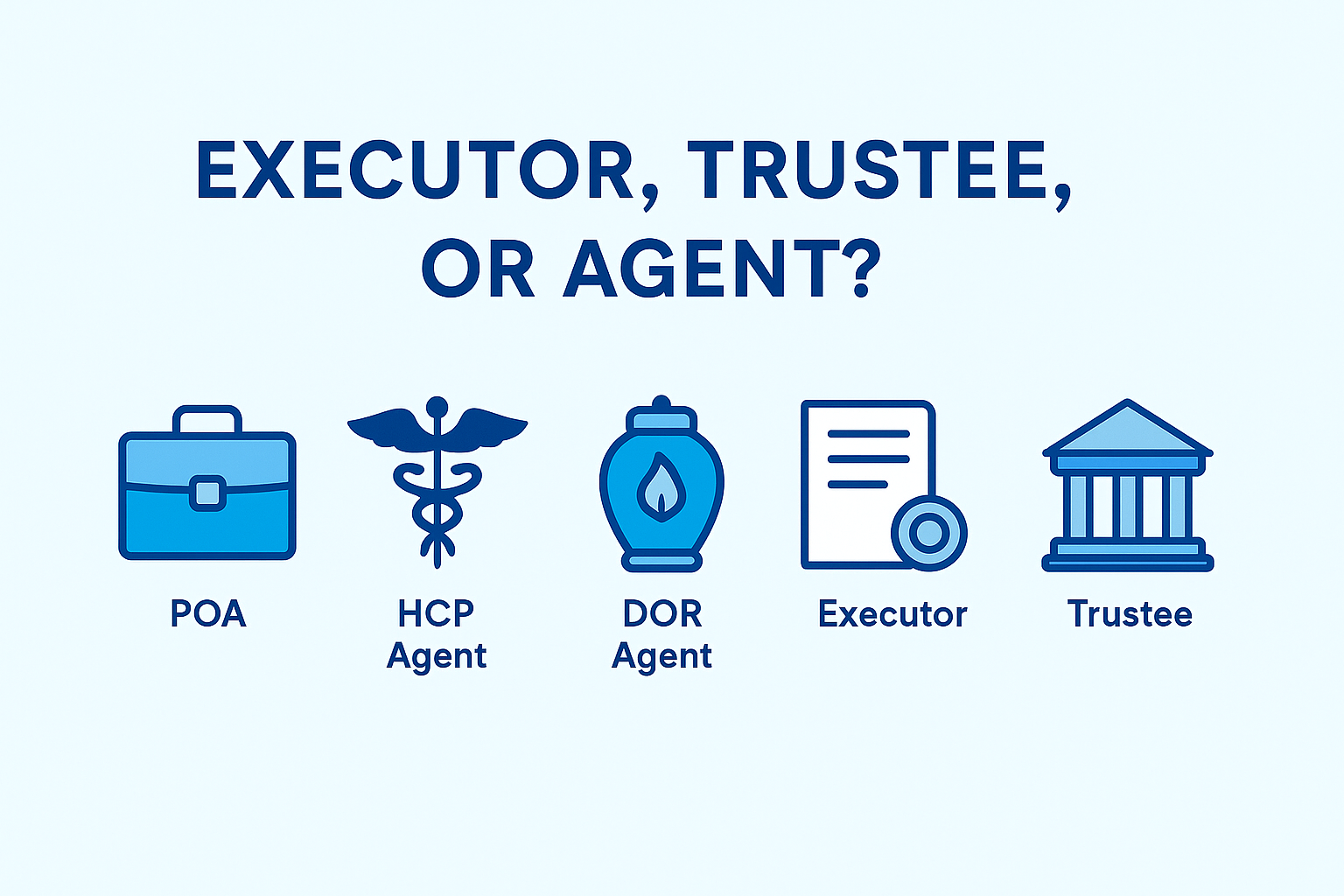
Why You Can’t Disinherit Your Spouse in New York (Without a Prenup or Postnup)
Understanding your spouse’s statutory right to a share of your estate — and how proper planning can help protect your intentions.
The Reality of Spousal Rights in New York
In New York, no one...
Why You Can’t Disinherit Your Spouse in New York (Without a Prenup or Postnup) Continue reading…

National Estate Planning Awareness Week: Why Every Family Needs a Plan
An estate plan is more than a set of documents — it’s a framework for protecting your wishes, your assets, and the people you care about.
Each October, National Estate Planning Awareness Week serves as a timely reminder of how important it is to have your legal and financial...
National Estate Planning Awareness Week: Why Every Family Needs a Plan Continue reading…

Don’t Lose the Trust Documents!
In estate planning, the paper you lose determines the outcome you get.
When clients think about “losing estate documents,” they often picture chaos — assets frozen, plans destroyed, and endless court battles. But the truth is more nuanced.
If you lose your original Trust, it’s usually...
Don’t Lose the Trust Documents! Continue reading…

What Does It Mean to Be an Executor, Trustee, or Agent?
Agents, Executors, Trustees — Explained Simply
When planning your estate, one of the most important choices you’ll make is who to appoint in key fiduciary roles. These people will make financial, medical, legal, and end-of-life decisions for you and your family — so it’s essential to understand what each...
What Does It Mean to Be an Executor, Trustee, or Agent? Continue reading…

Why Small Transfers Can Create Big Medicaid Problems
Transferring assets can have severe consequences for Medicaid eligibility in New York, especially when applicants are planning for nursing home care. Below is a comprehensive, expert-level guide about uncompensated transfers, providing practical options, tips for trust management, and current updates on home care Medicaid look-back requirements.
What Is an...
Why Small Transfers Can Create Big Medicaid Problems Continue reading…

Relying on AI for Drafting Your Estate Documents?
You don’t want just simple Documents which look “good” – You want a Plan!
Using AI for estate planning might sound easy, but shortcuts can cost your family big. AI is only as good as the info it gets—miss one detail and your plan falls apart. Want someone to...
Relying on AI for Drafting Your Estate Documents? Continue reading…

Why Your Estate Planning Attorney Needs to Know About Mental Health Challenges in Your Family
When you sit down for an estate planning consultation, you’re making one of the most important arrangements for your family’s future. You might feel concerned—or even embarrassed—about discussing sensitive issues such as mental health challenges, addiction, or other personal struggles affecting you, your children, or your extended relatives. But here’s why complete...
Why Your Estate Planning Attorney Needs to Know About Mental Health Challenges in Your Family Continue reading…

Mental Illness or Misbehavior? Why the Distinction Matters for Parents
Compassionate Legal Planning for a Child’s Future
How to Tell the Difference: Mental Illness vs. Behavioral Problems
When a child exhibits concerning behaviors—such as mood swings, outbursts, or poor judgment—parents face a daunting question: Is this simply misbehavior, or a sign of...
Mental Illness or Misbehavior? Why the Distinction Matters for Parents Continue reading…

Special Needs Trusts in New York: 1st-Party vs. 3rd-Party SNTs
Understanding Special Needs Trusts
When planning for a child with a disability in New York, selecting the right type of Special Needs Trust (SNT) is crucial. The correct trust preserves eligibility for essential benefits like Medicaid and SSI, while allowing your child to receive financial support and...
Special Needs Trusts in New York: 1st-Party vs. 3rd-Party SNTs Continue reading…
Special Needs Trusts vs. ABLE Accounts: Which One Is Right for Your Family?
Planning for a loved one with a disability means finding ways to provide financial support while protecting access to government benefits. The right approach allows them to maintain independence and security without jeopardizing programs like Medicaid or Supplemental Security Income (SSI). Some families choose to set aside funds through a special needs...
Special Needs Trusts vs. ABLE Accounts: Which One Is Right for Your Family? Continue reading…
